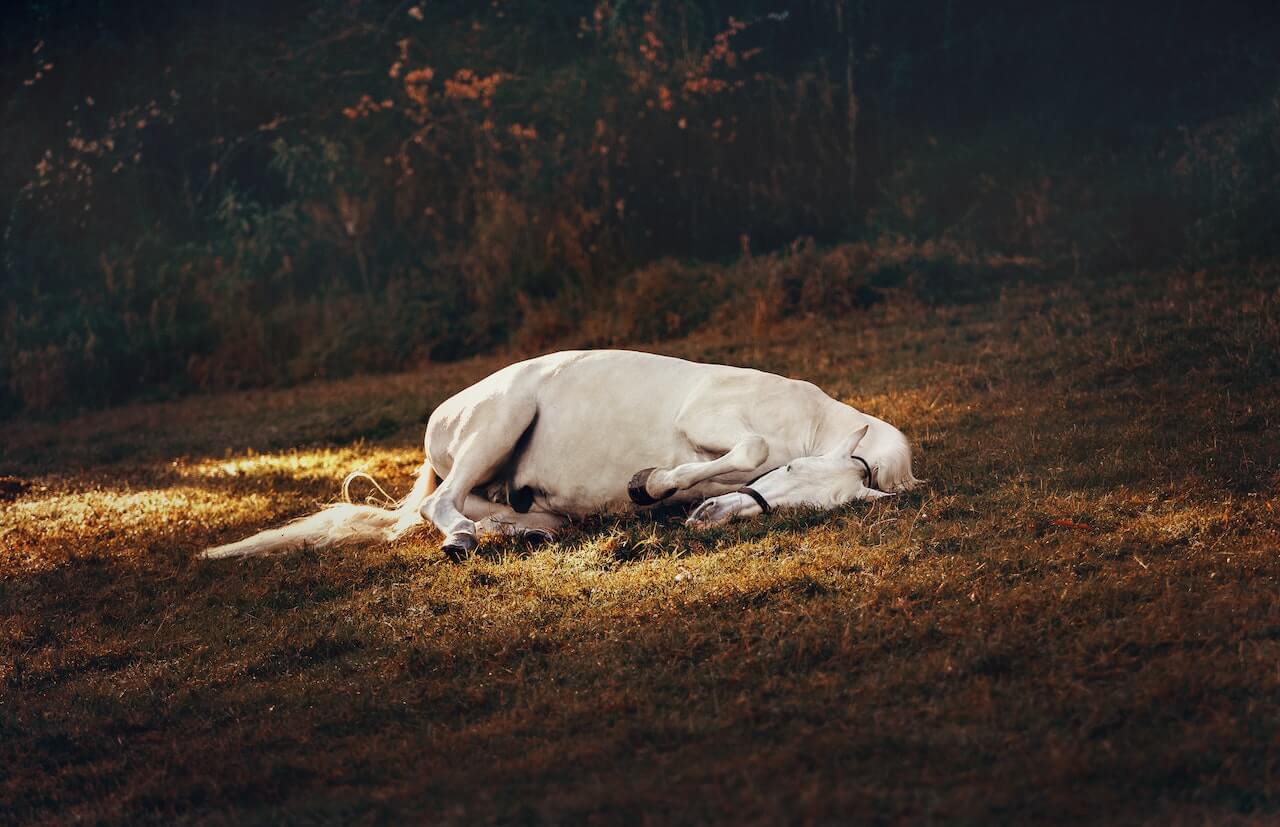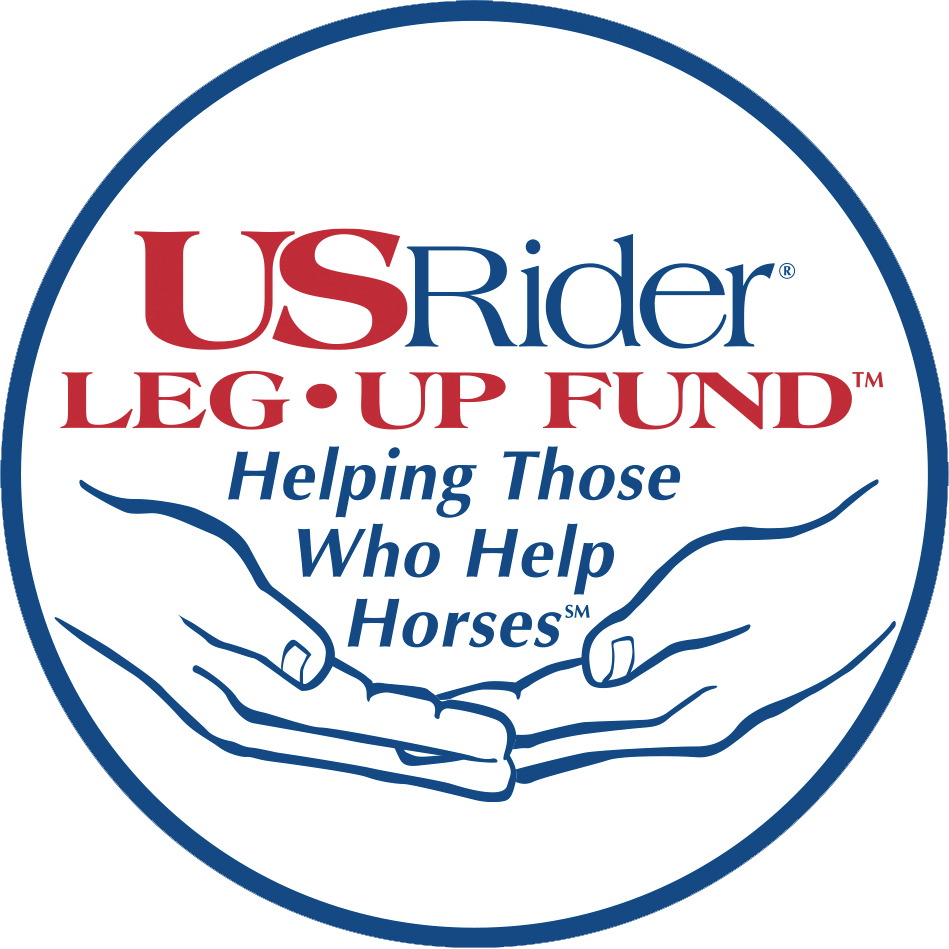Travel has become a way of life for many American Quarter Horses and riders competing on the regional and national AQHA circuits. Many start early in January covering long distances to earn points,...

Travel has become a way of life for many American Quarter Horses and riders competing on the regional and national AQHA circuits. Many start early in January covering long distances to earn points, coveted titles and a chance to qualify for one of the AQHA world shows. While transportation is necessary for competition horses, it can be stressful for even the most seasoned traveler. With a wellness care program, horse owners can help minimize the stress of travel and help keep horses healthy and physically ready to perform. It’s not only important to take precautions for those horses on the road, but it is also imperative to help protect the herd on the farm from any diseases that could be brought in.
Keeping a horse comfortable and hydrated during transport is vital to helping reduce stress. There are a variety of opinions about the direction in which horses should travel ? forward, backward or diagonal ? and the correct answer may depend on the horse’s preference and trailer design. For horses who find transport stressful, a change in orientation may be worth trying. Try to keep sheets, blankets and other protective wear to a minimum in warm or hot weather and keep the horses as well-ventilated as possible. Horses that are given forage to eat during transport tend to fare better than those that are not. Fiber will help keep the horse occupied, hydrated and help ensure a healthy gut.
Careful management during travel and other times of stress can help reduce health risks to horses. Owners need to carefully monitor horses for symptoms such as weight loss, elevated body temperature, lethargy or lack of appetite. Often, these systems are due to dehydration or the physical energy expelled by the horse in the trailer. Also, colic symptoms or laminitis can be caused by stress. Any unusual symptoms or signs of distress should be noted, and owners should consult with a veterinarian for appropriate treatment.
Stress from traveling may affect a horse’s immune system due to the release of stress hormones and dehydration from sweating. Using an immunomodulator can help stimulate and prepare a horse’s immune system to function more effectively. Immunomodulators should be administered prior to exposure to stressful situations such as horse shows, transportation or exposure to disease. ZYLEXIS? from Pfizer Animal Health is a demonstrated safe and effective immunomodulator that helps to reduce upper respiratory disease caused by equine herpesvirus types 1 and 4. Immunomodulators should not be used in horses with a fever or showing signs of clinical disease. Owners should discuss their options with a veterinarian.
Ensuring that horses are current on their vaccinations is important to the health of any horse, whether they are traveling or at home on the farm. Pfizer Animal Health?s equine product portfolio includes a number of vaccines, including WEST-NILE? INNOVATOR, FLUVAC? INNOVATOR and PINNACLE? I.N. Be sure to consult with a veterinarian before starting any vaccination program.
Horses that typically stay on the farm can be susceptible to contracting diseases from horses after they return from a show. Working with a veterinarian to help keep these horses current on their vaccinations and deworming program can help protect them from contracting unwanted diseases. Whenever possible, it is a good idea to keep horses returning from a competition separated from the herd for two weeks. Taking show horses? temperatures daily for a week after returning home from competition is a good management practice to catch any potential illness early.
Simple biosecurity practices can also help protect horses that are traveling, as well as the remainder of the herd. Keep your facility and trailers clean and try to minimize insect populations, because they (as well as opossums, skunks and other critters) can all carry and transmit a disease agent 2. Practice good barn hygiene when you arrive at the destination facility and daily on the farm. Disinfect stalls prior to moving your horses in and do not use common water buckets or feed areas at event grounds. Other items that should not be shared include twitches, lip chains, halters or other items that may touch a horse’s eyes, nose or mouth.
Simple practices at home and on the road can help reduce stress on horses and help keep the whole herd healthy. The winter season can be an especially stressful time, as often horses that are traveling to winter venues are crossing back and forth between warm and cold climates, which can increase their risk of contracting infectious disease. Be sure to consult a veterinarian at any signs of illness.
